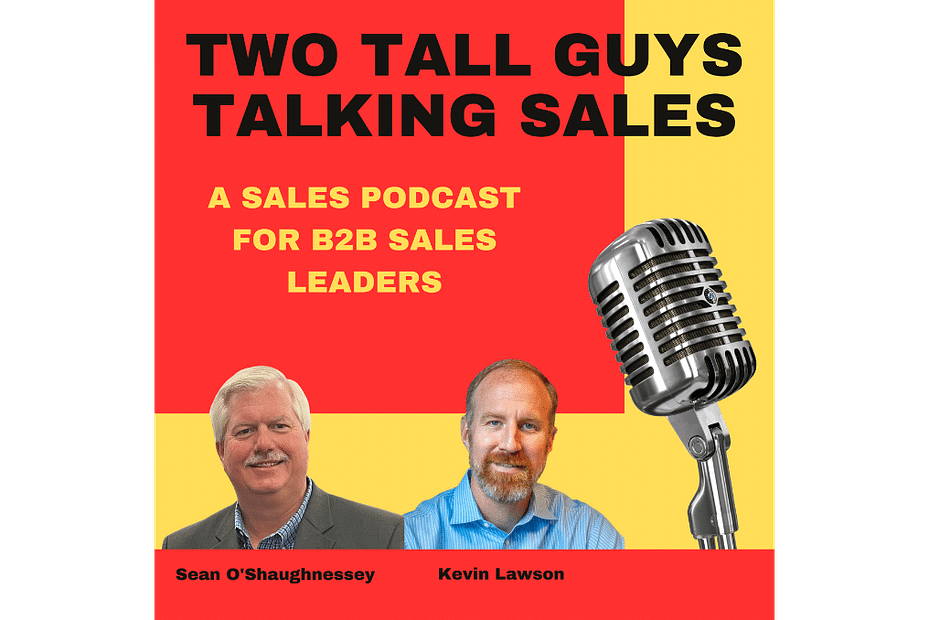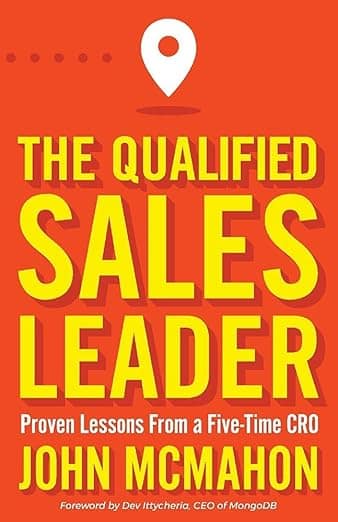Salespeople often rely on short-term tactics to hit their numbers. But what if the difference between mediocrity and excellence isn’t in the last-minute push, but in the way we plan, coach, and lead throughout the year? Many sales managers treat coaching as a reactive measure, something they do when performance drops. That’s a missed opportunity.
Proactive coaching isn’t just about fixing issues. It’s about enhancing potential.
The best salespeople in the world, much like top athletes, have coaches. Not because they’re failing, but because they’re trying to be even better. If your top rep is hitting quota, that’s not the finish line. That’s the starting point for the next level of performance.
Sales leaders often default to focusing on the bottom performers. That’s necessary, but incomplete. High performers need guidance, too. Not to be micromanaged, but to be challenged. Ask yourself: What are you doing to help your top performers improve? If the answer is “not much,” you’re leaving growth on the table.
There’s a tactical way to approach this.
Most companies conduct quarterly business reviews with customers. The same structure can be flipped inward and used as a coaching tool. Instead of asking what happened last quarter, ask what could happen next. What would success look like in the next 90 days? What challenges need to be addressed before they become problems?
This isn’t about adding another meeting to everyone’s calendar. It’s about intentional planning. One-to-one conversations that go deeper than pipeline reviews. The goal is to align on strategy, identify gaps in skills or processes, and develop a roadmap for improvement. Done right, it drives accountability and engagement simultaneously.
Salespeople often say they want more training. But training without context falls flat. Coaching provides that context. It’s individualized, relevant, and ongoing. It also sends a message: your development matters. That message builds loyalty. It also improves performance.
If you’re a CEO or founder managing your own sales or leading a small team, this applies even more. You’re not just the closer, you’re the coach. Your team’s performance will reflect your commitment to their growth.
- Are you investing time to help them get better?
- Or are you too busy chasing deals to build a repeatable system?
Coaching doesn’t have to be complicated.
Begin by evaluating three key areas:
- network,
- skills,
- metrics.
Does your rep have enough network reach to generate leads? Do they have the tactical skills to progress deals? And are you tracking the right metrics to measure performance, not just outcomes? If any of those are unclear, that’s your starting point.
Read the rest of the article… 







